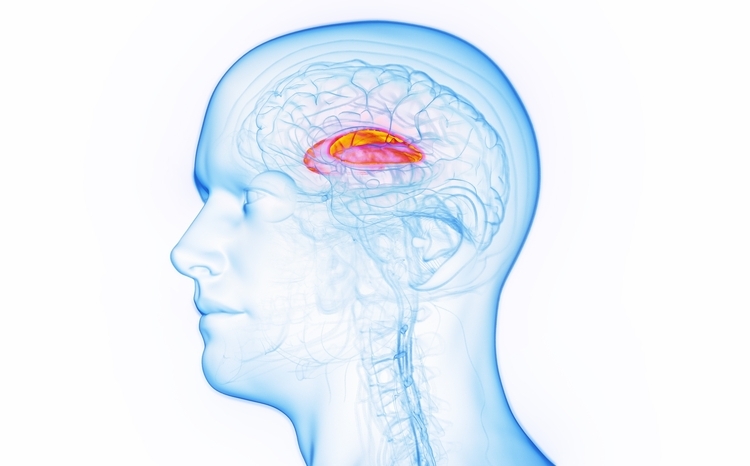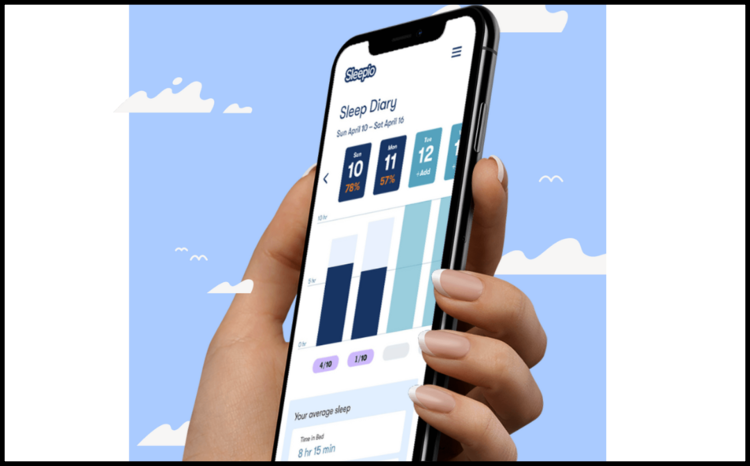Scorecards to show NICE compliance
- 28 August 2012

Clinical commissioning groups will have to produce online “innovation scorecards” to show whether they are offering patients the latest drugs and treatments, under new government plans.
The scheme is due to launch this autumn and will allow the public to see which organisations are quickly adopting the latest National Institute for Health and Clinical Excellence-approved drugs and treatments.
Hospitals, GPs and CCGs will have to comply with the NICE guidance or explain to patients why there is a delay.
A Department of Health statement says the system is designed to end the unfair practice, often called “postcode prescribing”, by which some parts of the NHS delay offering new treatments while other areas make them available straight away.
Under the new scheme, NHS organisations will have “no excuse not to provide the latest NICE-approved drugs and treatments.”
“They will be automatically added onto lists of what drugs are available in local areas, which will be published for all to see,” the statement says.
“This means new drugs and treatments will be automatically made available for doctors to prescribe across the NHS.”
The DH is also going to set up a new group to help local NHS organisations implement NICE guidelines.
“New drugs and treatments can mean the NHS has to make big changes to the way they provide services, which can be a complicated process,” it says.
“The new group will help spread best practice and make uptake by the NHS quicker for patients.”
Health minister Paul Burstow said patients have a right to drugs and treatments that have been approved by NICE.
"NHS organisations must make sure the latest NICE-approved treatments are available in their area, and if they are not, then they will now be responsible for explaining why not,” he explained.
“Being transparent with data like this is the hallmark of a 21st century NHS. It is a fundamental tool to help healthcare professionals improve patient care.”
Burstow said NHS organisations get funding for each new NICE appraisal, so financial issues should not be a barrier to the uptake of innovative treatments and they have a statutory obligation to fund them.
“Under the NHS Constitution, patients have the right to drugs and treatments that have been recommended by NICE if their doctor thinks they are clinically appropriate,” he added.




